The desire to have children is a deep and often emotional topic that accompanies many couples on their journey to pregnancy. While the path to conception can sometimes take longer than expected, proper nutrition plays a crucial role in supporting fertility. Nutrients such as folic acid, zinc, iodine, iron, and selenium are essential to prepare the body for a healthy pregnancy. Supplementation with targeted vitamins and minerals like vitamin D and folic acid can be a valuable aid.
Science repeatedly shows how important the proper intake of vitamins and minerals is for the fertility of men and women. Nutrients like zinc and selenium play a central role, especially in sperm growth, cell division, and egg health. A balanced supply can positively affect fertility and increase the chances of successful fertilization. Supporting the desire to have children is therefore not just about taking capsules but about consciously promoting health and well-being to create the best possible foundation for pregnancy. Fertility supplements, such as those offered by brands like Nutrador, can help couples prepare for pregnancy.
How vitamins and minerals promote fertility
A balanced diet when trying to conceive is the key to optimal fertility, as the body requires a variety of nutrients for healthy reproduction. These nutrients support not only hormonal balance but also the quality of eggs and sperm. Nowadays, many people struggle to obtain all the necessary vitamins and minerals through food due to hectic lifestyles or unbalanced diets. In such cases, fertility supplements can help close nutrient gaps and improve the conditions for a successful pregnancy. A deficiency in certain micronutrients can negatively affect the reproductive process by disrupting hormonal balance, interfering with the metabolism of reproductive cells, or reducing egg and sperm quality. The health of the uterine lining is especially important for conception, as it plays a central role in embryo implantation. Supplements offer a targeted way to compensate for deficits and increase the chances of pregnancy.
Several studies now demonstrate the positive effects of nutrients such as folic acid, zinc, omega-3 fatty acids, vitamin D, and coenzyme Q10 on fertility. These micronutrients can help stabilize hormonal balance, improve cell quality, and increase the likelihood of a successful conception.
Folic acid (Vitamin B9) for risk minimization of malformations
Folic acid is particularly known for its role in cell division and genetic material formation. A deficiency in folic acid can not only make the start of a pregnancy more difficult but also increase the risk of neural tube defects in the embryo. Studies show that supplementing folic acid before and at the beginning of pregnancy can significantly reduce the risk of malformations. Therefore, supplementation of at least 400 micrograms of folic acid per day before and during early pregnancy is generally recommended. This is especially important for women who are seriously pursuing their desire to have children. B vitamins are crucial for fertility, especially when considering proper nutrition for conception.
Zinc for fertility
Zinc is another essential trace element that plays an important role in the fertility of both genders. In women, zinc regulates hormone production and can help minimize cycle disorders. In women, zinc can also stabilize the menstrual cycle, thereby increasing the chances of a successful conception. In men, it contributes to sperm health and promotes their motility. Studies have shown that zinc deficiency is associated with lower sperm quality and reduced fertility rates in men. It is important to ensure adequate intake of trace elements such as magnesium and zinc, especially when aiming to optimize fertility in women.
Omega-3 fatty acids for improving the quality of sperm and egg cells
Omega-3 fatty acids are crucial for the health of cell membranes and hormone production. They can help regulate ovulation and improve the quality of egg cells.
A recent study has shown that omega-3 fatty acids can particularly promote ovulation in women with irregular cycles, which increases fertility rates. Since the body cannot produce omega-3 on its own, taking supplements or consuming fatty fish such as salmon, herring, or mackerel is especially important. Fatty acids like alpha-linolenic acid are also important for healthy egg cell maturation.
Vitamin D influences hormonal balance
Vitamin D not only influences the hormonal balance but also plays a role in the reproductive process. Vitamin D deficiency is common in women with fertility problems and can reduce the likelihood of pregnancy. An adequate vitamin D level is important for regulating the cycle as well as improving the pregnancy rate. An adequate vitamin D level is also associated with a lower risk of miscarriage. During pregnancy and breastfeeding, optimal supply is also important to support the health of mother and child.
Iron for oxygen supply to the uterus and ovaries
Iron is another important nutrient for fertility because it plays a key role in oxygen transport in the body. Iron deficiency can impair fertility, especially in women, as it can lead to cycle disorders and reduced egg quality. Iron supports the production of red blood cells, which are necessary for adequate oxygen supply to the uterus and ovaries. Therefore, an iron deficiency can reduce the chances of a successful pregnancy. Women with heavy menstrual bleeding or a vegetarian or vegan diet should pay particular attention to adequate iron intake to avoid the risk of deficiencies.
Coenzyme Q10 for the health of eggs and sperm
Coenzyme Q10 is a powerful antioxidant that promotes energy production in cells and is especially important for the health of eggs and sperm. It has been shown that coenzyme Q10 can be particularly supportive for women with reduced egg quality or polycystic ovary syndrome (PCOS) by improving egg quality and increasing the chances of pregnancy.
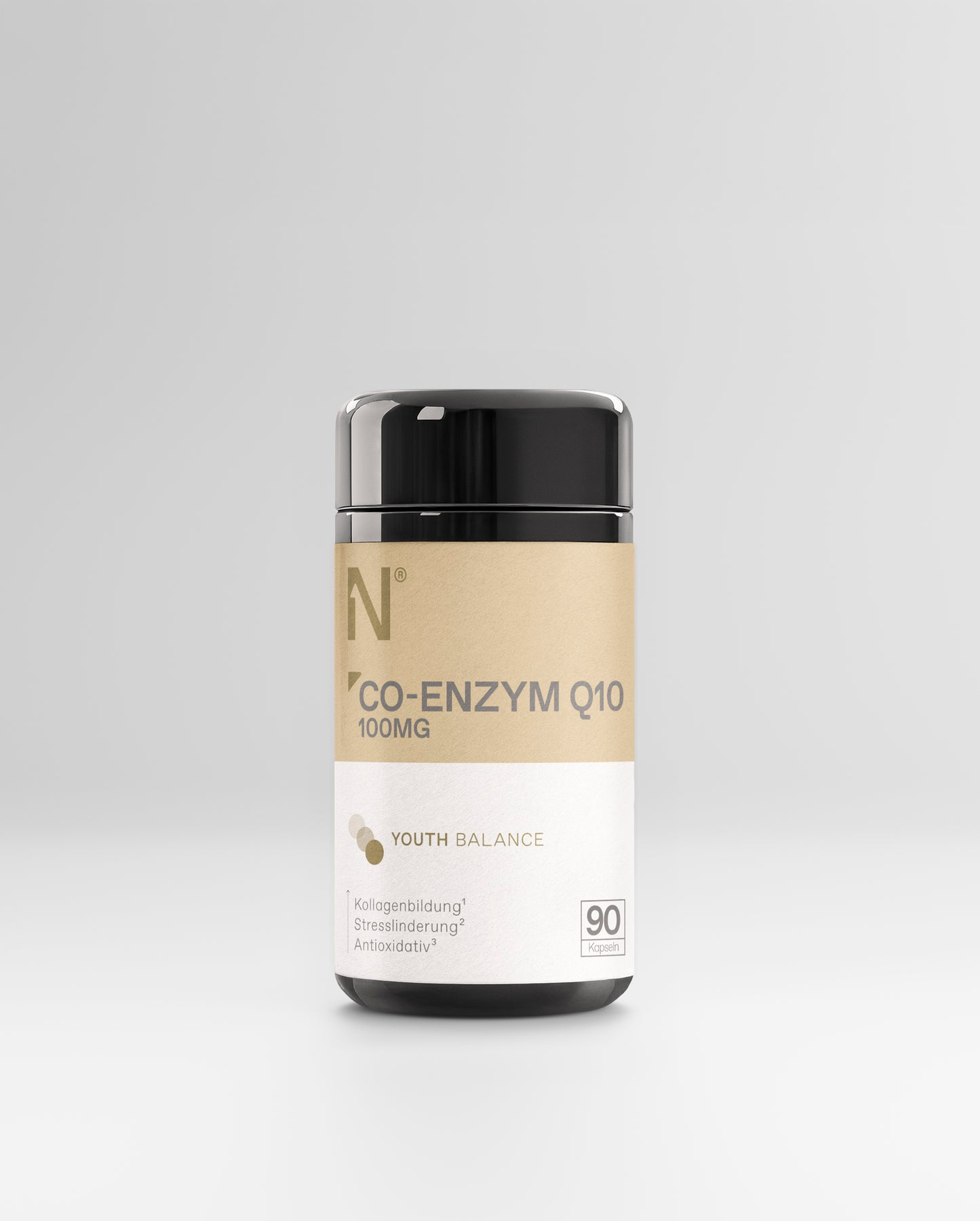
These nutrients work together to promote fertility: they stabilize hormonal balance, support cell health, and improve the quality of eggs and sperm. Before taking dietary supplements, it is advisable to check your own nutrient status and, if necessary, consult a doctor to determine the optimal dosage. A study showed that taking folic acid and zinc significantly contributed to an improved pregnancy rate in couples with fertility problems. This study highlights the importance of micronutrients for the reproductive process and shows that targeted supplementation to compensate for nutrient deficiencies can increase the chances of a successful pregnancy.
The best dietary supplements for desire to have children
For optimal fertility, the body requires various nutrients. Often, diet alone is not enough to obtain these in sufficient amounts. But which dietary supplements for desire to have children can help to compensate for deficits and improve fertility? Micronutrients such as folic acid, zinc, omega-3 fatty acids, and vitamin D help stabilize the hormonal balance and support the quality of eggs and sperm.
Nutrador Omega-3 Fatty Acids Capsules
Omega-3 fatty acids are essential for the health of the expectant mother and the development of the unborn child. Especially the fatty acids docosahexaenoic acid (DHA), eicosapentaenoic acid (EPA), and alpha-linolenic acid (ALA) play a central role in the brain and eye development as well as the nervous system of the baby. Adequate intake of omega-3 also contributes to the development of the child's cognitive and motor skills. 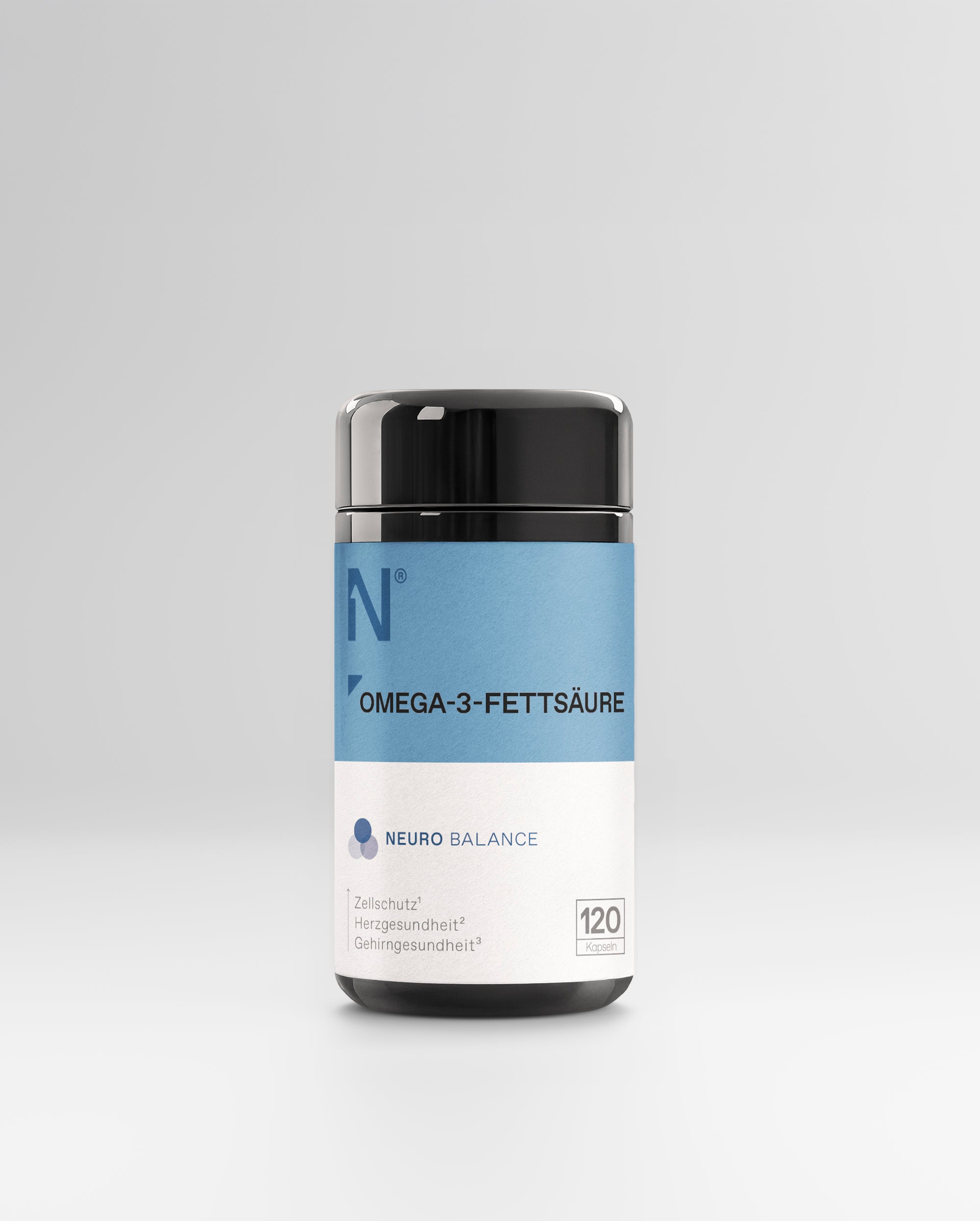
According to studies, omega-3 fatty acids can also reduce the risk of premature birth and lower the likelihood of miscarriage. The Nutrador Omega-3 Fatty Acids Capsules provide targeted supply of these important fatty acids, with DHA supporting the child's vision and EPA promoting the mother's heart health as well as reducing inflammation.
Nutrador Selen Selenit Capsules
Selenium is an essential trace element necessary for numerous functions in the body. It supports the immune system, thyroid function, and promotes fertility. Since thyroid diseases can affect fertility, the corresponding blood values should be regularly checked and the intake of trace elements like selenium ensured. An adequate selenium level is crucial for good fertility, as a deficiency can impair sperm quality.
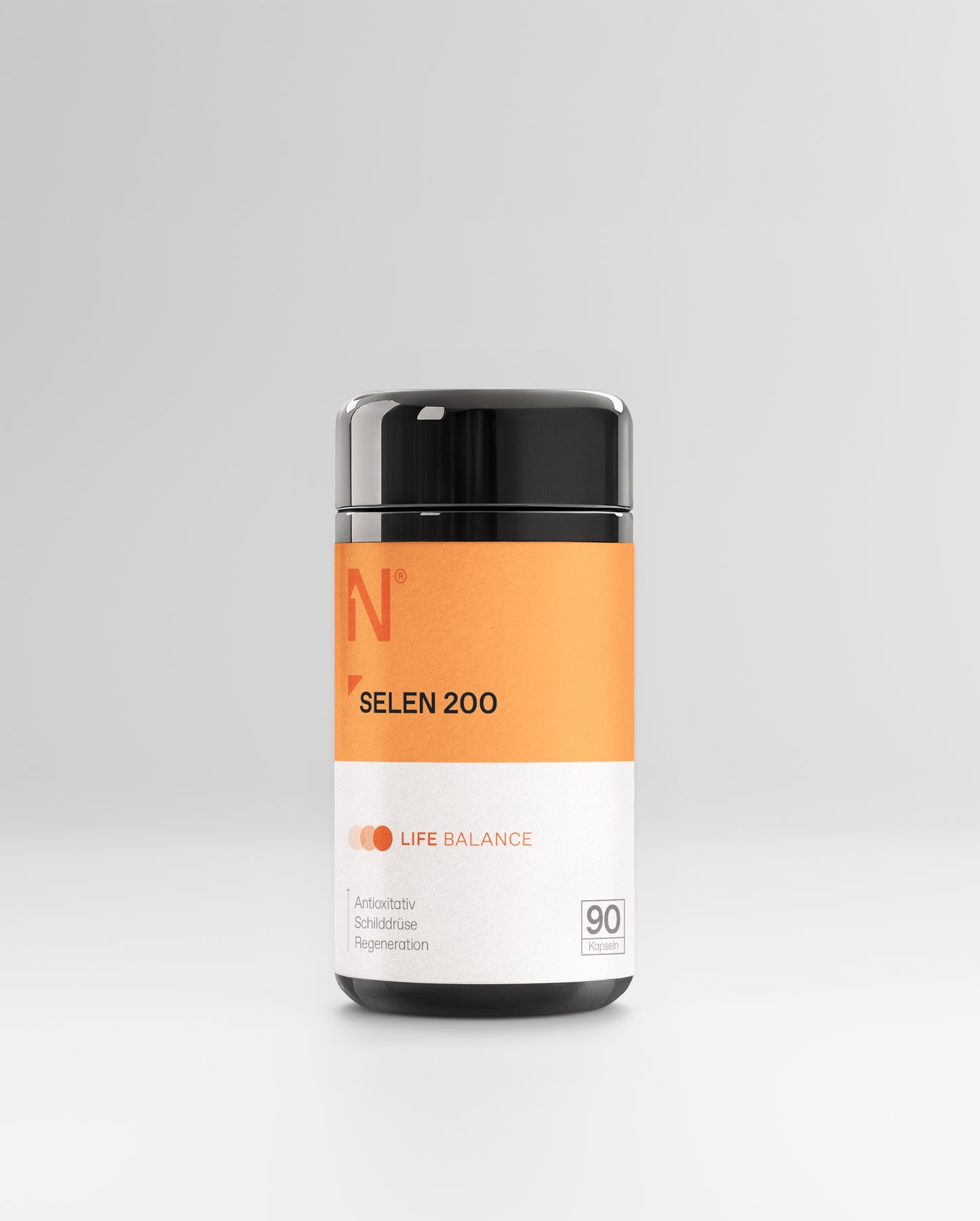
The Nutrador Selen Selenit Kapseln provide high-quality selenium in the form of selenite, which is particularly well absorbed by the body. Selenium also acts as a strong antioxidant, protects cells from oxidative stress, and helps reduce inflammation, which in turn supports overall health. Thus, selenium significantly contributes to increasing fertility and improving reproductive health.
Nutrador Zinkgluconat Kapseln
Zinc is a key mineral for fertility and overall well-being. It supports the reproductive organs of both genders and promotes the health of sperm and eggs. Zinkgluconat Kapseln von Nutrador provide 100 mg of high-quality zinc, which is particularly well absorbed by the body. An adequate zinc level is crucial for optimal hormone production and helps avoid hormonal imbalances. In women, zinc can support regular ovulation, while in men it promotes sperm quality and motility. Thus, zinc gluconate significantly contributes to increasing fertility.
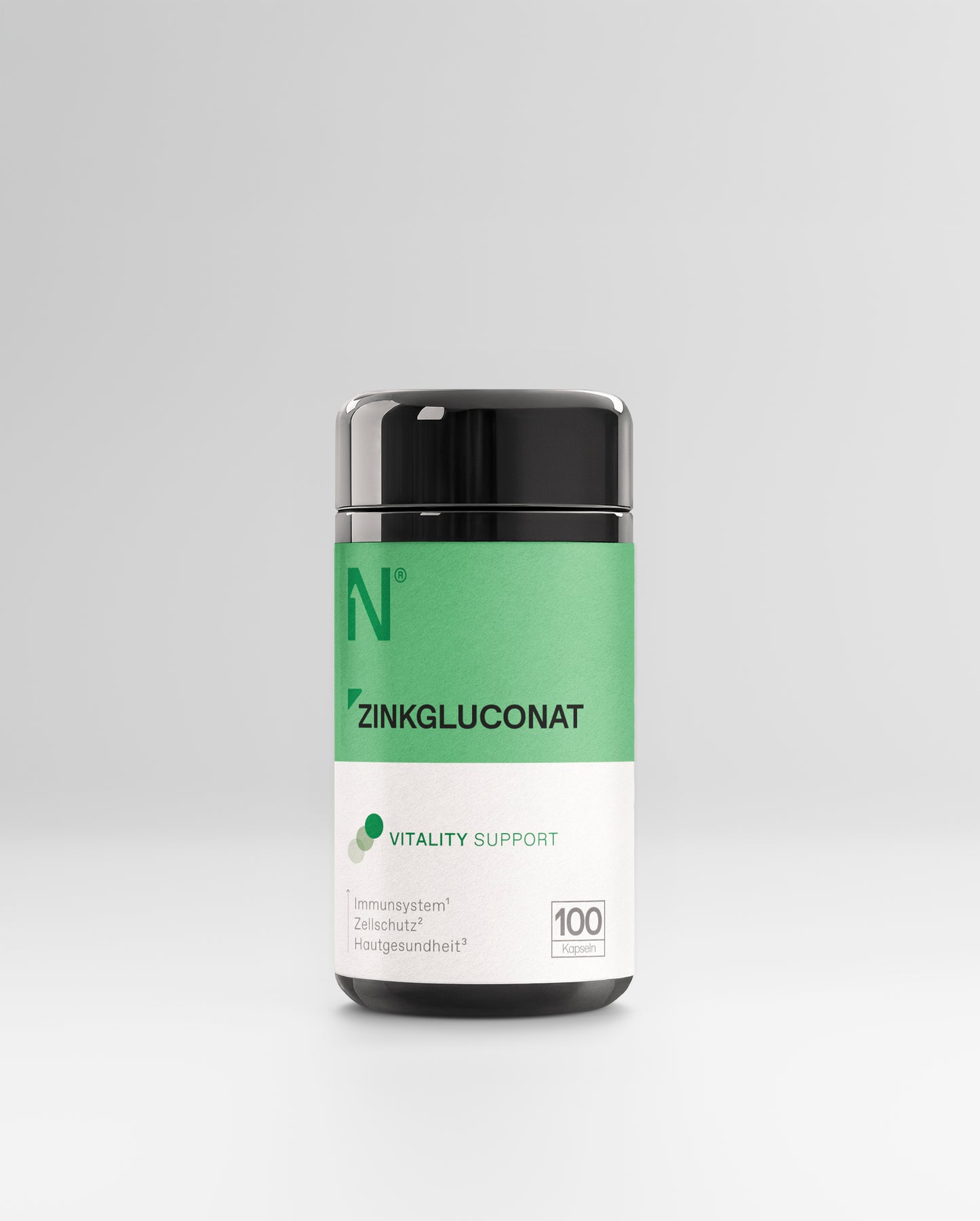
Nutrador Opti B-Komplex Kapseln
B vitamins are essential for fertility and the desire to have children. Especially Vitamin B6, Vitamin B9 (folate), and Vitamin B12 are important for hormone balance and the development of healthy reproductive organs. Adequate supply of these vitamins promotes the regularity of the menstrual cycle and supports healthy sperm production in men. Furthermore, Vitamin B9 contributes to normal cell division and can help reduce the risk of neural tube defects in the baby.
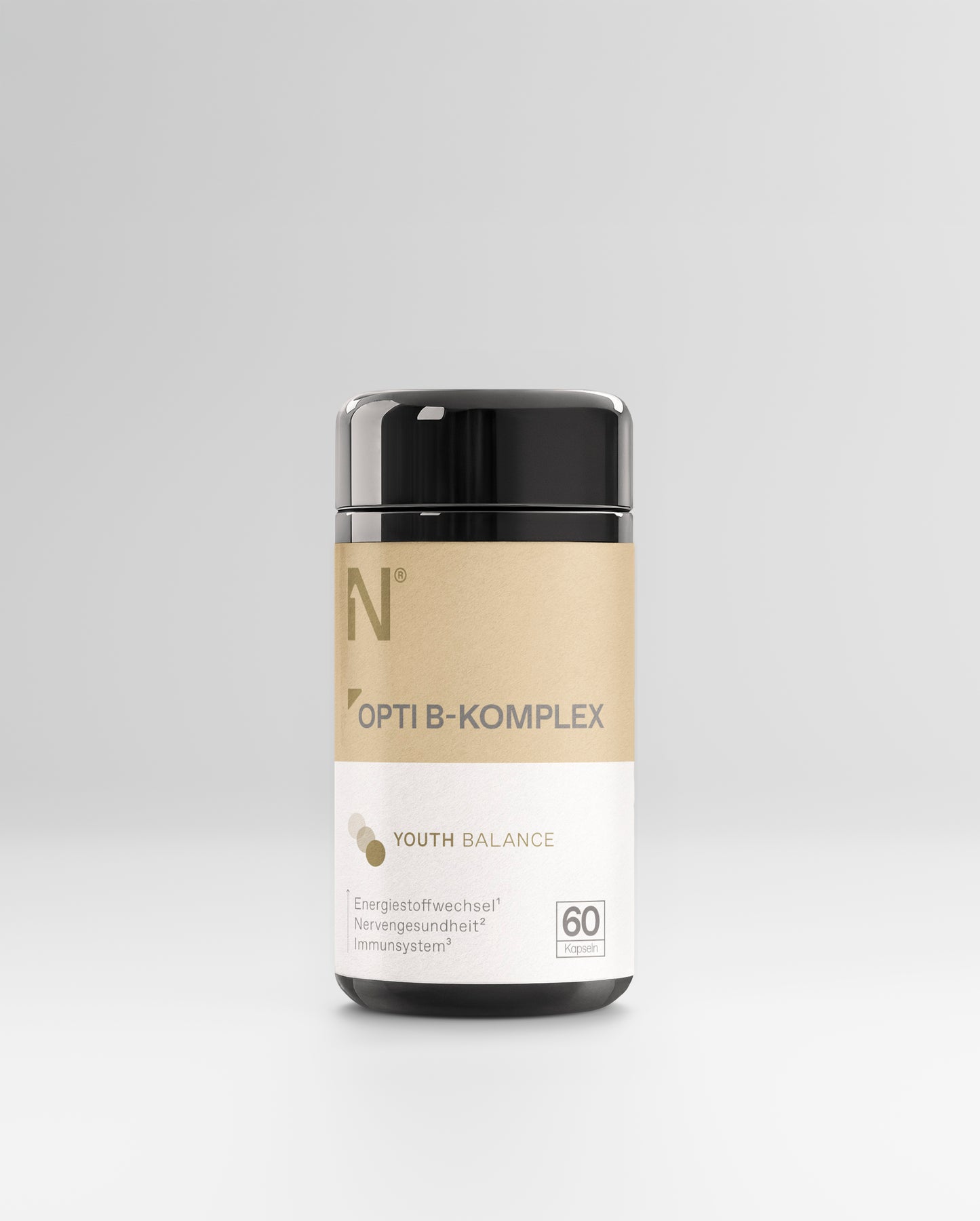
The Nutrador Opti B-Komplex Kapseln provide targeted supply of all eight essential B vitamins that are important for fertility and healthy development during pregnancy. Vitamin B6 supports hormone regulation and promotes a healthy nervous system, while Vitamin B12 stimulates the formation of red blood cells and reduces fatigue. The combination of these highly bioavailable B vitamins optimally supports the desire to have children.
Tips for effective use of dietary supplements
In addition to taking dietary supplements, there are several everyday and environmental factors that can influence fertility. A balanced diet, sufficient sleep, effective stress management, and regular exercise significantly contribute to supporting fertility.
Nutrition for fertility: Important foods
Proper nutrition can significantly influence reproductive ability. Especially valuable are foods rich in antioxidants, healthy fats, and micronutrients. These include fresh vegetables like spinach and broccoli, whole grain products, nuts, seeds, and fatty fish like salmon. These foods not only promote hormonal balance but also positively affect the health of eggs and sperm. It is advisable to focus on a varied diet that includes all important vitamins and minerals to optimally support the body during its fertility phase.
Stress management & Sleep: Why mental health matters
Chronic stress can impair fertility as it disrupts hormonal balance and can lead to problems such as irregular cycles or impaired sperm production. Therefore, it makes sense to reduce stress through targeted relaxation techniques like meditation, deep breathing, or yoga. Getting enough sleep also helps stabilize hormone balance and promote fertility. It is recommended to get at least seven to eight hours of sleep per night to optimally regenerate the body and support nutrient balance.
Exercise & Body Weight: The importance of a healthy lifestyle
An active lifestyle that includes regular exercise helps maintain body weight in the ideal range, which in turn promotes fertility. Both overweight and underweight can negatively affect hormone balance and limit fertility. Moderate sports such as swimming, cycling, or running not only improve physical well-being but also promote circulation and strengthen the immune system. It is important to maintain a healthy lifestyle that includes not only exercise but also balanced nutrition and sufficient rest.
Conclusion: The importance of nutrients and supplementation in fertility and pregnancy
Proper nutrition and targeted supplementation are essential to promote fertility and optimally prepare the body for pregnancy. Nutrients such as folic acid, zinc, omega-3 fatty acids, and vitamin D support hormonal balance and improve the quality of eggs and sperm. A balanced diet alone is often not enough to cover all important micronutrients – here, Nutraceuticals für Haare and fertility supplements can provide valuable support.
Studies show that the proper intake of these nutrients can increase the chances of successful fertilization. In combination with a healthy lifestyle that includes sufficient sleep, exercise, and stress management, couples can optimally promote their fertility and facilitate the path to pregnancy.
FAQ
How long should dietary supplements be taken before pregnancy?
It is recommended to start taking dietary supplements at least three months before the planned desire to have children. During this time, the body can better absorb the nutrients, and fertility, especially the quality of eggs and sperm, is optimally prepared. Micronutrients such as folic acid, zinc, and omega-3 fatty acids play a central role here. However, it is advisable to seek individual advice from a doctor.
Can dietary supplements improve the chances of natural conception?
Yes, targeted dietary supplements can improve the chances of natural conception by stabilizing hormonal balance and optimizing the quality of eggs and sperm. Especially micronutrients such as folic acid, zinc, vitamin D, and omega-3 fatty acids have a proven positive effect on fertility.
Are these supplements also useful for men?
Absolutely. Dietary supplements are also very important for men, as they can improve sperm quality and motility. Zinc, selenium, and omega-3 fatty acids play an important role in male fertility and can increase the chances of successful fertilization.
Are there side effects or risks?
Generally, dietary supplements are safe when taken in the recommended dosage. However, excessive intake of certain micronutrients, such as vitamin A or iron, can lead to side effects. It is important to seek individual advice from a doctor or specialist before taking dietary supplements, especially if there are existing health problems or other medications are being taken.
Legal notice regarding health-related claims
Our information is for general informational purposes only and does not replace medical advice. Dietary supplements do not replace a balanced diet and a healthy lifestyle. Health-related claims about dietary supplements must comply with the Health Claims Regulation (EC) No. 1924/2006 and be approved by the European Food Safety Authority (EFSA). If you have health complaints or questions, please consult a doctor.
Legal notice regarding health-related claims:
Our information is for general informational purposes only and does not replace medical advice. Dietary supplements do not replace a balanced diet and a healthy lifestyle. Health-related claims about dietary supplements must comply with the Health Claims Regulation (EC) No. 1924/2006 and be approved by the European Food Safety Authority (EFSA). If you have health complaints or questions, please consult a doctor.












